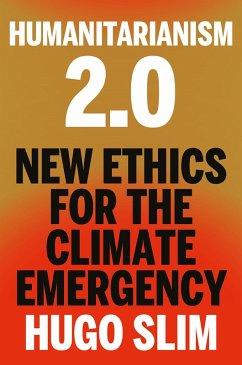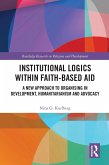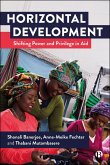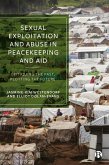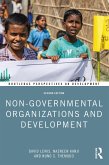This book spells out a new framework for humanitarian aid in the long emergency of climate change. Looking ahead to the massive needs of the late 2020s and the 2030s, Hugo Slim shows how current ethics and action in the sector are necessary, but not sufficient, for the new moral and operational challenges of our planetary crisis.
Humanitarianism 2.0 offers a series of practical ethical pathways for aid workers and organisations to reimagine and redesign their purpose in the increasing number of climate-related disasters around the world. Slim expands the fundamental principle of humanity to include the protection of nature in humanitarian ethics, and also faces up to the hard challenge of impartiality and prioritisation in a universal emergency. He then recognises anticipation, adaptation, mitigation and locally led aid as humanitarian obligations in climate-related disasters.
Like everything else in the climate and nature crisis, humanitarian ethics need adaptation. Slim's bold, smart and much-needed proposals show the way.
Humanitarianism 2.0 offers a series of practical ethical pathways for aid workers and organisations to reimagine and redesign their purpose in the increasing number of climate-related disasters around the world. Slim expands the fundamental principle of humanity to include the protection of nature in humanitarian ethics, and also faces up to the hard challenge of impartiality and prioritisation in a universal emergency. He then recognises anticipation, adaptation, mitigation and locally led aid as humanitarian obligations in climate-related disasters.
Like everything else in the climate and nature crisis, humanitarian ethics need adaptation. Slim's bold, smart and much-needed proposals show the way.
Dieser Download kann aus rechtlichen Gründen nur mit Rechnungsadresse in A, D ausgeliefert werden.

